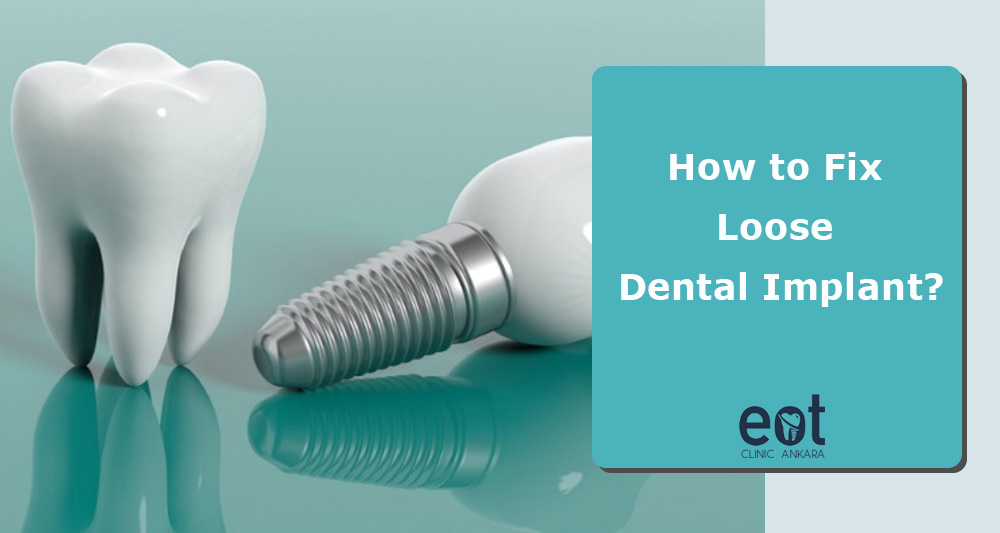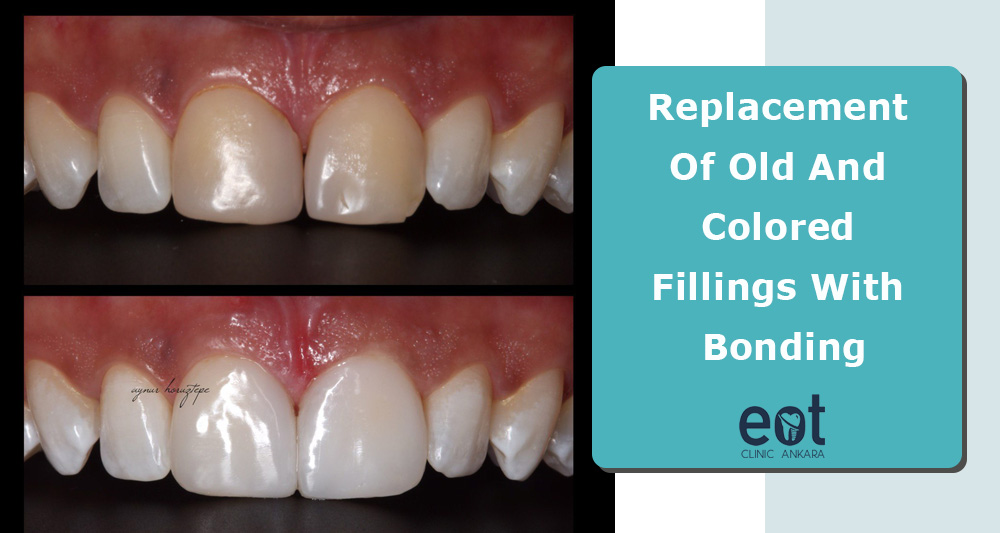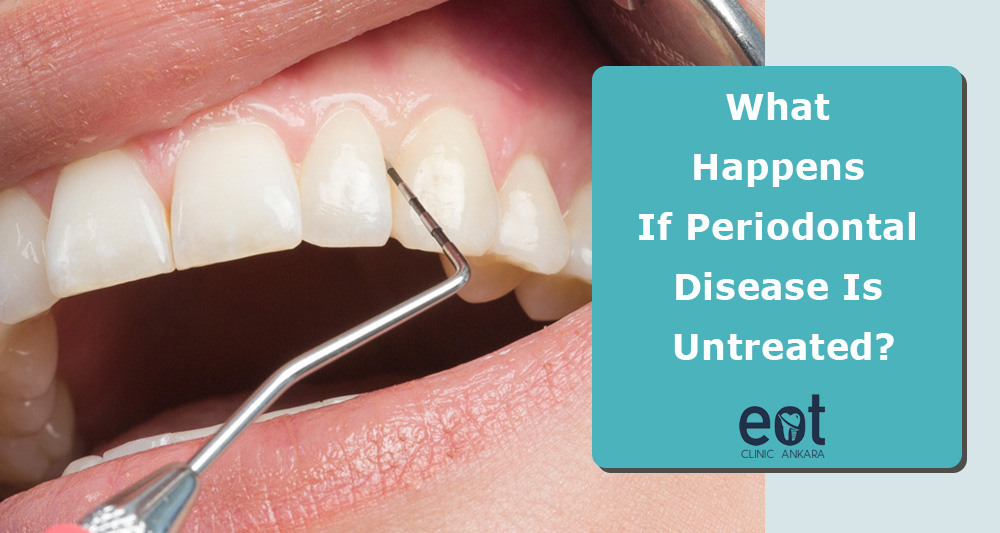Gum disease is a widespread dental issue that affects millions of people globally. A buildup of plaque and bacteria on the gums causes it. If you do not treat it, it can lead to inflammation, bleeding, and even tooth loss. Fortunately, there are numerous gum disease treatment options available in Ankara that can help patients regain their oral health and prevent future complications.
What it is Periodontitis?
Periodontitis, also known as gum disease, is a bacterial infection that affects the tissues surrounding your teeth. It begins with the buildup of plaque, a sticky film of bacteria that forms on your teeth due to poor oral hygiene. When you do not remove it through regular brushing and flossing, this plaque hardens into tartar, which irritates the gums and causes inflammation. This is the early stage of the gum condition known as gingivitis.
If you leave gingivitis without treating it, it can progress to periodontitis. This is where the infection spreads deeper into the gum tissues and causes them to pull away from the teeth, forming pockets. These pockets become a breeding ground for more bacteria, leading to further destruction of the gum and bone tissues supporting the teeth. Over time, this can result in tooth loss and other serious complications.
Gum disease Symptoms
Recognizing the signs of gum disease early on can help in seeking timely treatment in London. Some common symptoms include:
Bleeding gums: Gums that bleed easily during brushing or flossing may indicate gum inflammation and the presence of the disease.
Swollen and red gums: Healthy gums should appear pink and firm. If your gums are swollen, red, or tender, it may be a sign of infection.
Persistent bad breath: Chronic bad breath that doesn’t go away even after brushing and using mouthwash can be a sign of gingivitis.
Receding gums: If your teeth appear longer than before or if you notice exposed tooth roots, it may indicate gum recession. This is a common consequence of gingivitis.
Loose or shifting teeth: As the disease progresses, the supporting bone around the teeth weakens, leading to loose or shifting teeth.
Pus between teeth and gums: The presence of pus in the gum pockets is a sign of advanced periodontitis and requires immediate attention.
Effective treatment options in Ankara
A cosmetic dentist in Ankara can provide a range of advanced treatments for gum disease, such as scaling and root planing, gum grafts, and laser therapy. These choices can support gum health restoration, stop tooth loss, and improve the look of your smile. With the expertise of an aesthetic dentist, patients can receive personalized treatment plans that address their specific needs and goals.
Furthermore, gum disease treatment is obtainable in Ankara, especially when there is early detection. There are several effective treatment options available to save your smile and prevent the disease from progressing further. The specific treatment plan will depend on the severity of the disease and individual factors.
What are early signs of gum disease?
- Sufferers notice that they have bad breath
- Red or swollen gums
- Tender or bleeding gums
- Pain on chewing
- Loose and sensitive teeth
- Receding gums or teeth that appear elongated
Can my gums grow back?
Receding gums occur when the gums are being pulled away from a tooth, exposing the root of the tooth. Your gum tissue does not regenerate in the same way as other tissues do. For this reason, receding gums will not grow back.
Can my gums grow back?
- Avoid gingivitis
- Brush teeth at least twice a day
- Usea soft-bristled electric toothbrush for cleaning your teeth
- Change your toothbrush or toothbrush head every three months.
- Floss daily
- Use a mouthwash for proper cleaning
- See your dentist regularly for routine check ups
What can be done for my receding gums?
You can prevent gum recession by taking proper care of your mouth and teeth. Brush and floss teeth daily and see your periodontist once every six months to maintain good oral health. If you already have gum recession, your dentist may ask you to see more often.




